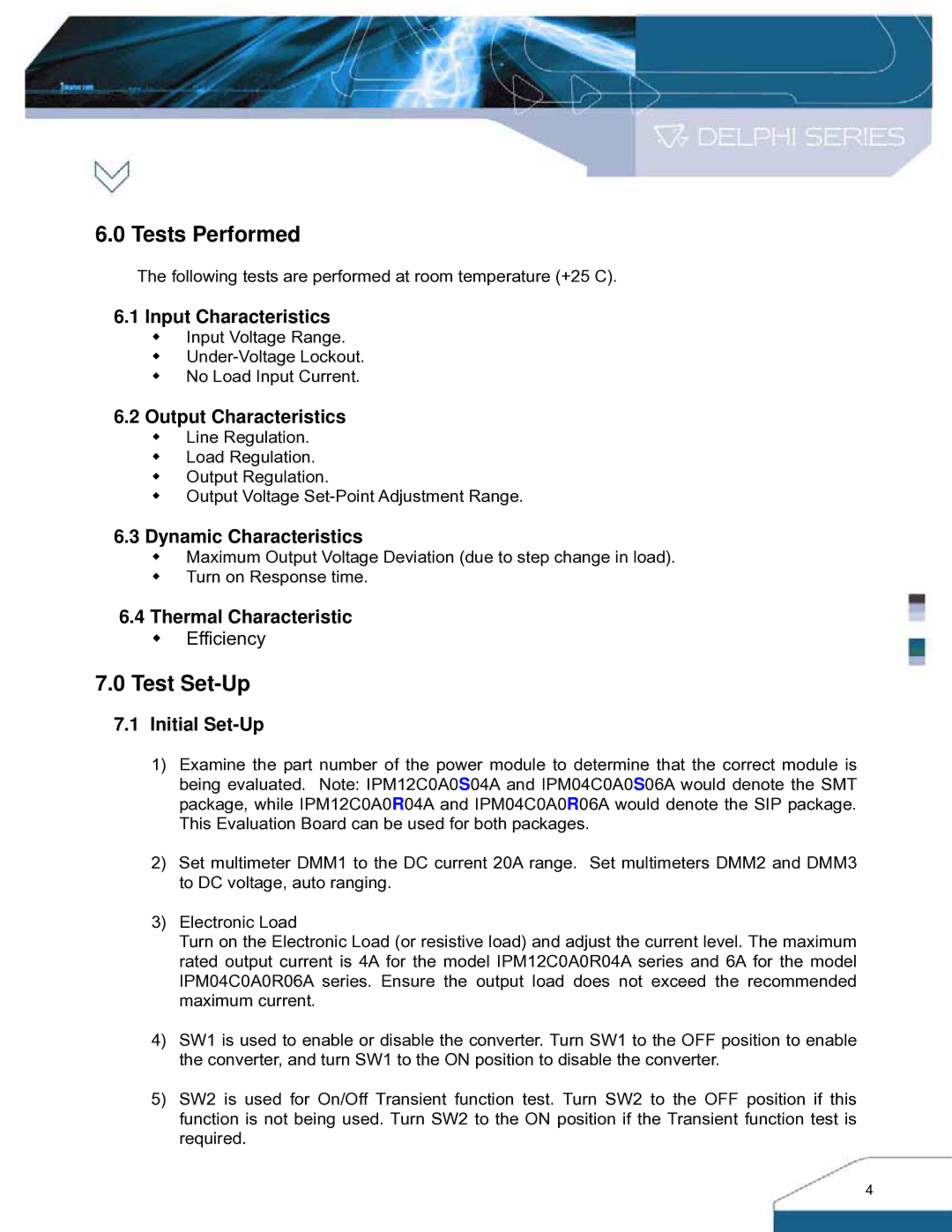IPM- C Series specifications
Delta Electronics is a leading innovator in power management and energy efficiency solutions, and one of their remarkable offerings is the IPM-C Series. This series of industrial power modules is specifically designed to cater to the needs of various applications, including motor drives, renewable energy systems, and industrial automation.One of the main features of the IPM-C Series is its ability to integrate multiple components into a single module. Each unit includes an inverter, gate driver, and protection circuits, resulting in a compact and highly efficient design. This integration not only saves space but also simplifies the circuit design, making it easier for engineers to implement and develop their applications.
The IPM-C Series employs advanced insulation technologies that ensure reliable operation in challenging environments. With a rated voltage of up to 1200V, these modules are suitable for high-demand applications where stability and safety are paramount. The built-in protection mechanisms, such as over-temperature and over-current protection, further enhance the reliability of the system, reducing the risk of damage and ensuring long-lasting performance.
Additionally, the modules feature a high-frequency operation capability, which facilitates improved efficiency and reduced switching losses. This characteristic is particularly beneficial for applications that require fast response times, such as servo systems and robotics. Furthermore, the series includes various configurations tailored to different power requirements, making it highly versatile for a range of industrial uses.
Another significant characteristic of the IPM-C Series is its enhanced thermal management capabilities. The modules come with improved thermal conductivity features, allowing for better heat dissipation and enabling the system to operate within optimal temperature ranges. This effectiveness in thermal management not only prolongs the lifespan of the module but also contributes to energy efficiency.
Delta Electronics has also focused on making the IPM-C Series compatible with various control systems, ensuring that integration into existing setups is seamless. The modules support multiple communication interfaces, allowing for real-time monitoring and diagnostic capabilities, which can significantly enhance operational efficiency and maintenance strategies.
In conclusion, the Delta Electronics IPM-C Series stands out for its advanced integration, robust protection features, and versatility across industrial applications. Its emphasis on efficiency, thermal management, and compatibility makes it an ideal choice for engineers seeking reliable and high-performance power solutions in various sectors.

